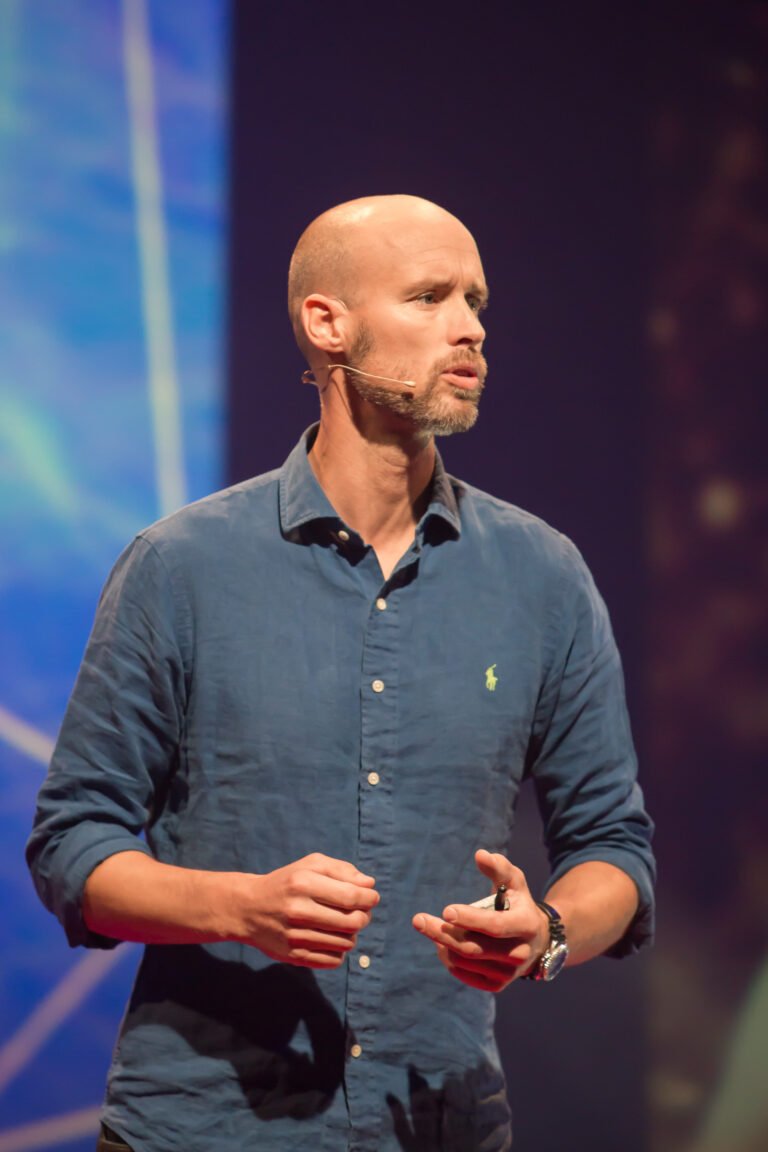
Marine biologist Even Moland’s research has taken him around the world, from the Great Barrier Reef to Skagerrak, Norway. In studying the behaviour and movement of fish and lobsters – how they live, where they hide, which ones are caught by fishers, and which ones escape to obtain large sizes and old age – he’s also learning how marine populations can be protected. Moland and his colleagues are using diving, tagging, and tracking to study the movement, life, and fate of marine animals. Evens’ research interests span across several disciplines in marine science, from the behavioural ecology of aquatic organisms to fisheries biology. In his PhD (Centre for Ecological and Evolutionary Synthesis, University of Oslo) he focused on the conservation biology of European lobster in the context of the marine reserve. Under the broad marine conservation biology umbrella, Even is interested in the effects of restoring ‘natural’ age and size structure in harvested populations on reproduction, recruitment, and survival. Additionally, he is interested in the study of marine animal movement behaviours and habitat selection in relation to life stage and survival, and its bearings on marine reserve-/ MPA design.